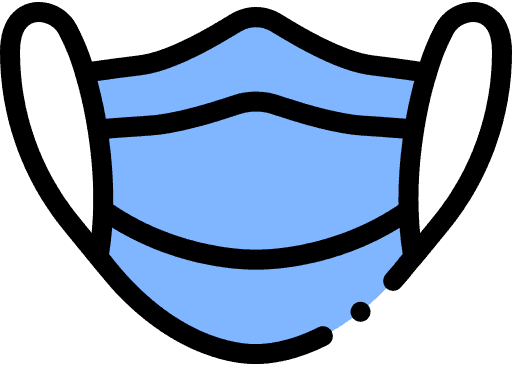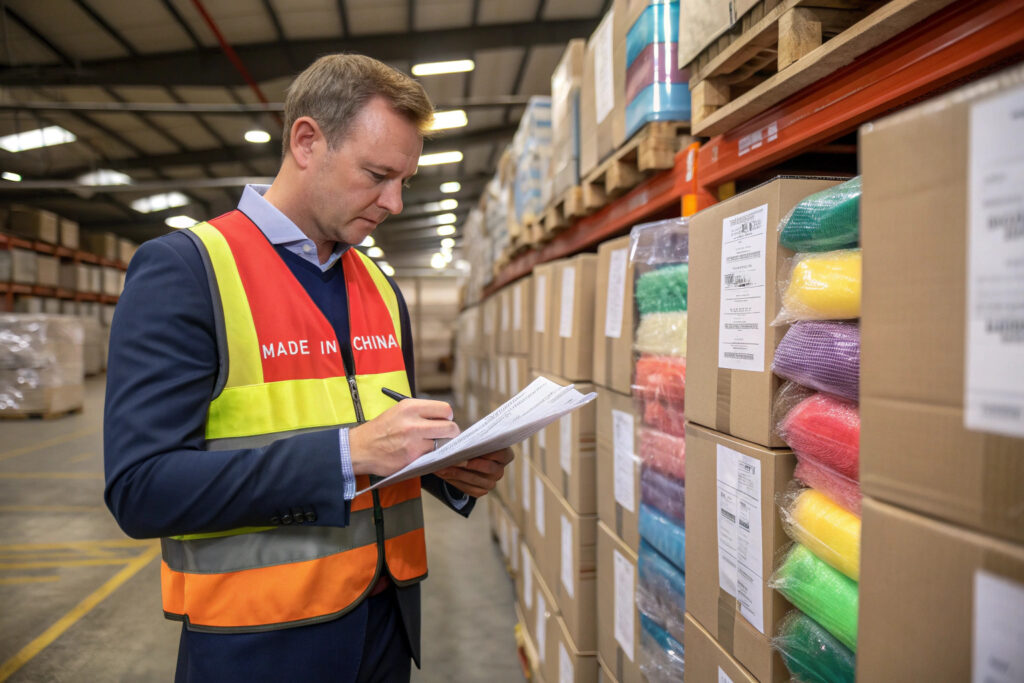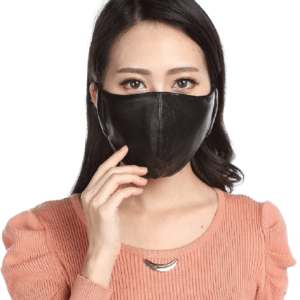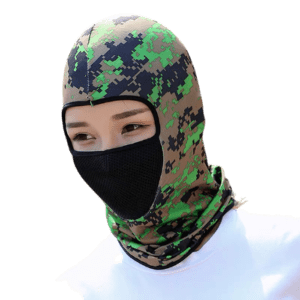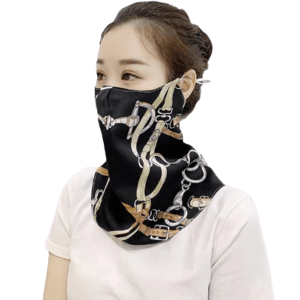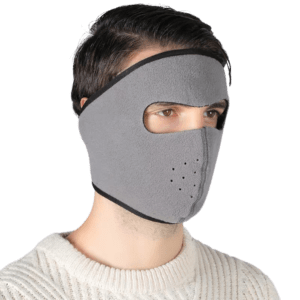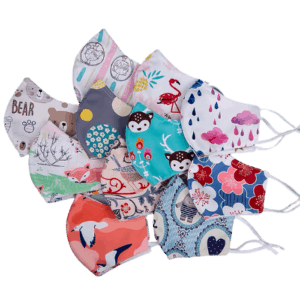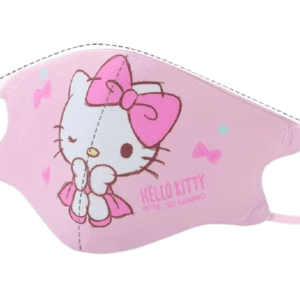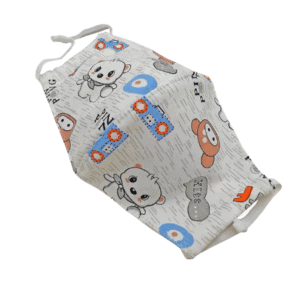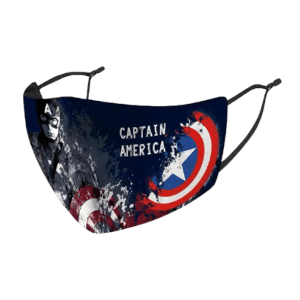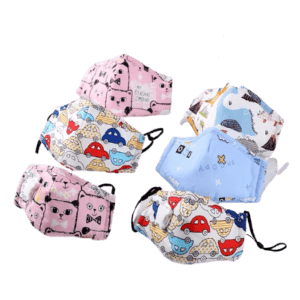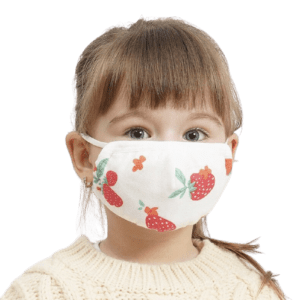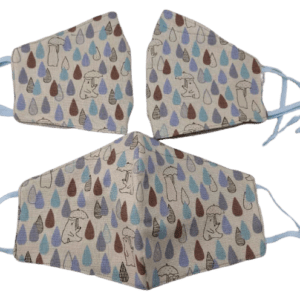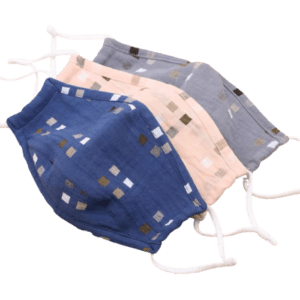As a mask manufacturer deeply embedded in Keqiao’s fabric hub, I understand how tariffs can be a hidden cost killer for our international clients—especially those importing from China to Europe. Buyers like Ron, who demand both speed and profitability, often get caught off guard by unclear duties, complex classification codes, or sudden policy shifts. These issues can delay clearance and eat into margins, no matter how great your product or supplier is.
Yes, managing tariff costs is not only possible, but essential—and it starts with correct classification, trade agreement leverage, smart packaging, and choosing suppliers with customs know-how.
I’ve helped dozens of our clients—some small Shopify store owners and others large-scale European distributors—dramatically cut hidden costs through strategic planning. Let me walk you through exactly how we make that happen.
What Is the HS Code for Fabric Masks?
Many importers don't realize that classifying fabric masks under the wrong HS code could result in excess duties or even fines. HS (Harmonized System) codes are the foundation of all customs processing, determining your duty rates and documentation requirements.
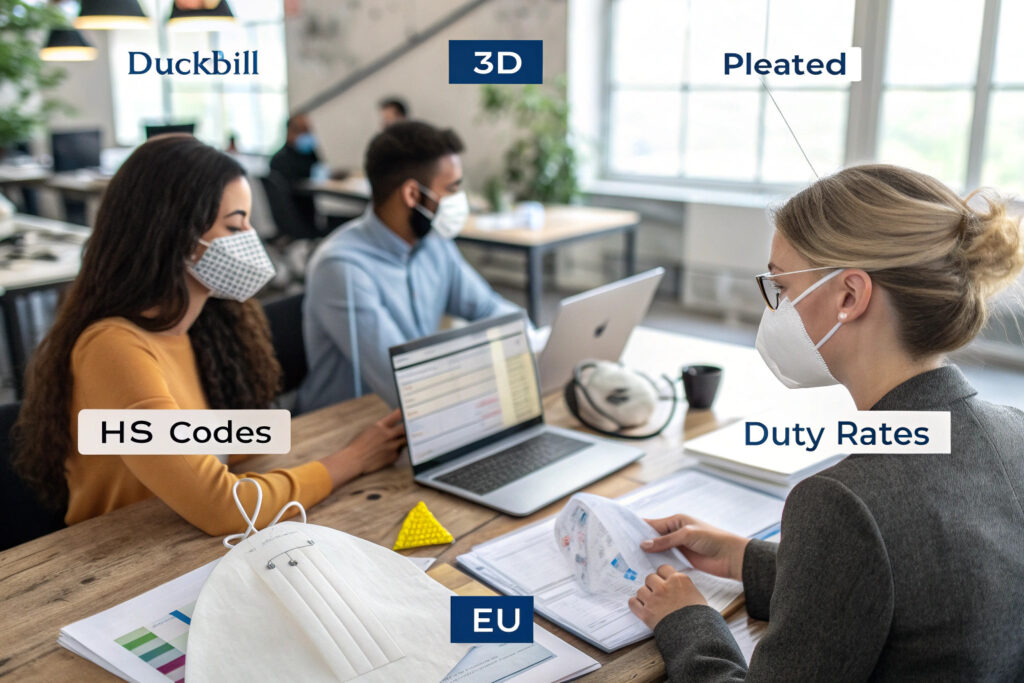
How Do I Identify the Right HS Code?
Choosing the correct code is step one. Fabric face masks, depending on their design and usage, can fall under several tariff lines in Europe. For example:
| Mask Type | Likely HS Code | EU Duty Rate |
|---|---|---|
| Fashion Mask | 6307.90.98 | 6.3% |
| Medical Use (non-surgical) | 6307.90.10 | 0% (with documentation) |
| Kids' Mask | 6307.90.98 | 6.3% |
| Sports/Gaiter Mask | 6506.10.00 | 2.7% |
Avoid guessing. Request a Binding Tariff Information (BTI) ruling from EU customs to lock in your code and rate.
Can Misclassification Lead to Penalties?
Yes. EU customs authorities frequently inspect shipments of fabric masks due to the surge in post-pandemic demand. Misclassification not only leads to tariff overpayment, but can result in shipment delays or even seizures.
Read more about EU customs inspections.
Can I Use Trade Agreements to Reduce Duties?
Yes. While China doesn't yet have a full Free Trade Agreement (FTA) with the EU, some preferential schemes and regional arrangements can help you reduce or eliminate duty rates, depending on your company setup and mask materials.
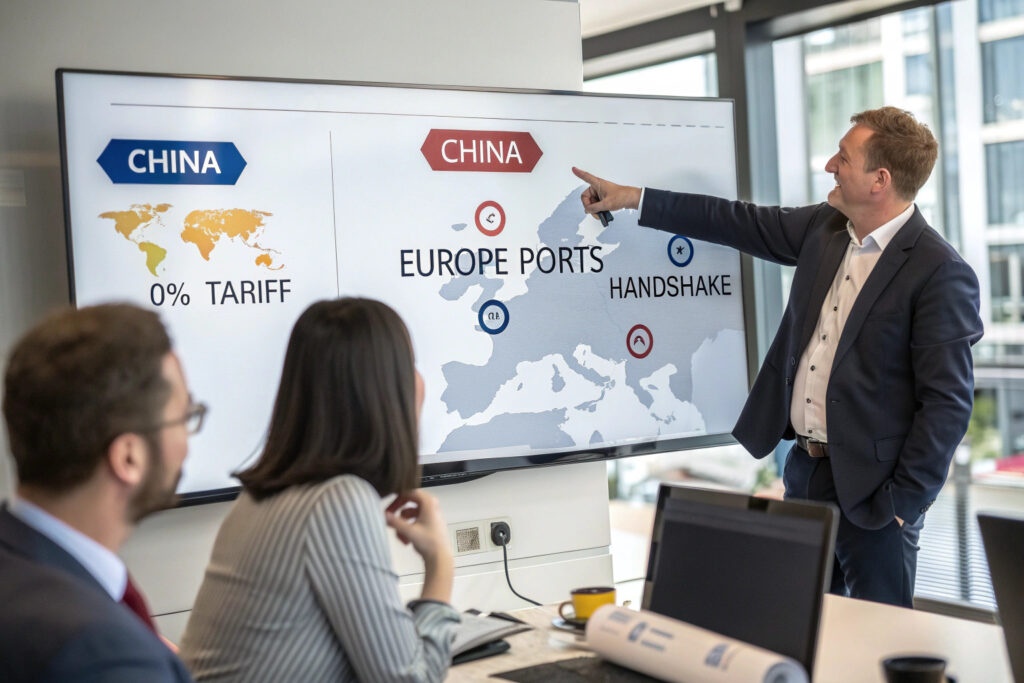
What Is the GSP and Does It Help Me?
The Generalised Scheme of Preferences (GSP) offers lower tariffs for imports from certain developing countries. While China is no longer a GSP beneficiary, your subcontractors in Southeast Asia (e.g., Cambodia, Vietnam) may still qualify—especially if the masks are shipped directly from those countries.
Check if your supplier works through a GSP-eligible country.
How About the RCEP or Silk Road Routes?
If you're importing via a third country involved in RCEP (like Malaysia or Indonesia), some portions of the supply chain could be optimized for tariffs. Moreover, China's “Silk Road Keqiao” initiative has also improved customs handling in bonded zones.
We’ve helped clients re-structure their shipping point via bonded warehouses in Yiwu or Ningbo, resulting in better compliance and tariff planning.
What Packaging and Labeling Tricks Help Lower Costs?
Many importers don’t realize that how masks are packed and labeled can impact your duty assessment. Customs officers evaluate not just your invoice but your presentation.
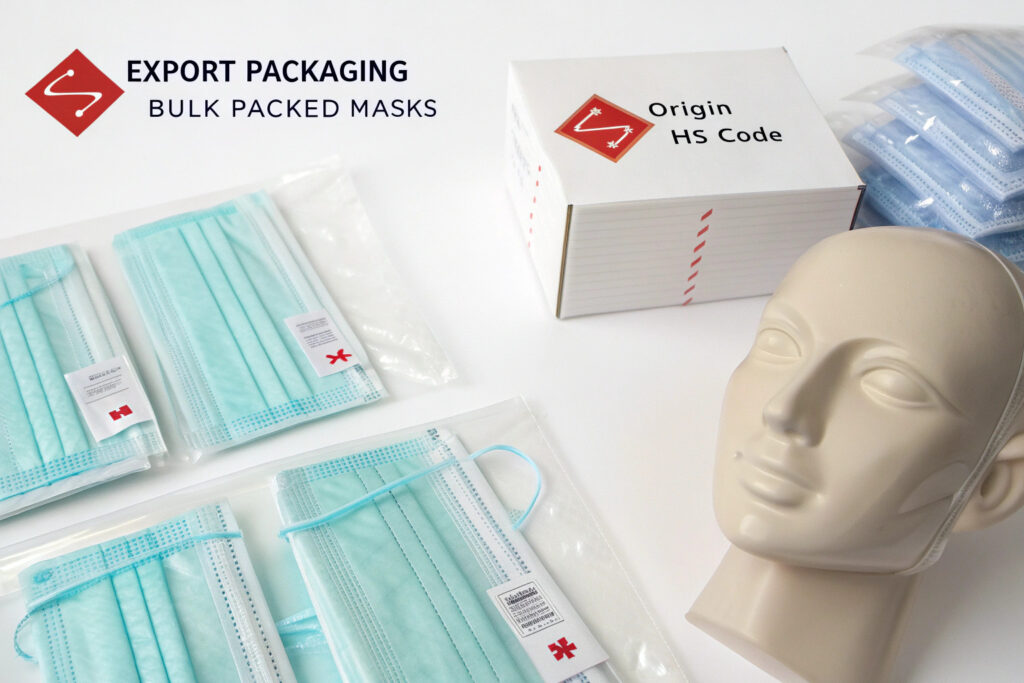
Should I Use Bulk or Retail Packaging?
For customs purposes, bulk packaging often receives lower scrutiny and avoids being flagged as “retail-ready,” which may fall under different classifications. For example:
- A 50-pack of plain black fashion masks = treated as industrial textile product (lower duty)
- 50 individually boxed, barcoded masks = treated as retail goods (higher declaration scrutiny)
Always ask your supplier (like us) to provide custom packaging configurations based on your customs strategy.
How Important Are Origin Labels?
Incorrect or missing "Made in China" labels can result in non-compliance fines. The EU is particularly strict on this after recent anti-dumping regulations. We include clear textile composition and country of origin tags—plus QR-coded certificates—for all our shipments.
You can review EU textile labeling requirements here.
How Can My Supplier Help Me Reduce Tariff Risks?
Choosing a supplier that understands customs protocols and works with export compliance teams can reduce your exposure to tariff miscalculations, hold-ups, or surprise fees.

Do You Provide Pre-Shipment Customs Support?
Yes. We run an internal compliance center that provides:
- Commercial invoice verification
- Certificate of Origin issuance
- HS code mapping and label check
- Digital customs file uploads
We even work with European customs brokers directly to prepare entries before the vessel arrives. See what a good customs broker can do for you.
Can I Get a Duty-Inclusive DDP Quote?
Absolutely. Many of our clients prefer Delivered Duty Paid (DDP) pricing, which includes tariffs, VAT, and clearance. This offers full cost transparency and minimizes surprises upon delivery.
Platforms like Freightos offer public tools to simulate such quotes, but our logistics partners in Shanghai can usually beat those prices.
Conclusion
Managing tariff costs when importing fabric masks from China to Europe doesn’t have to be complex. With the right HS code classification, knowledge of trade agreements, smart packaging choices, and a proactive supplier, you can streamline your import process and control your landed cost with precision.
If you’re serious about importing fabric masks, custom coverings, or even performance wear into the EU market—let’s make your sourcing smooth, cost-effective, and compliant. Reach out to our Business Director Elaine at elaine@fumaoclothing.com and explore how Shanghai Fumao can support your next project from design to delivery.
